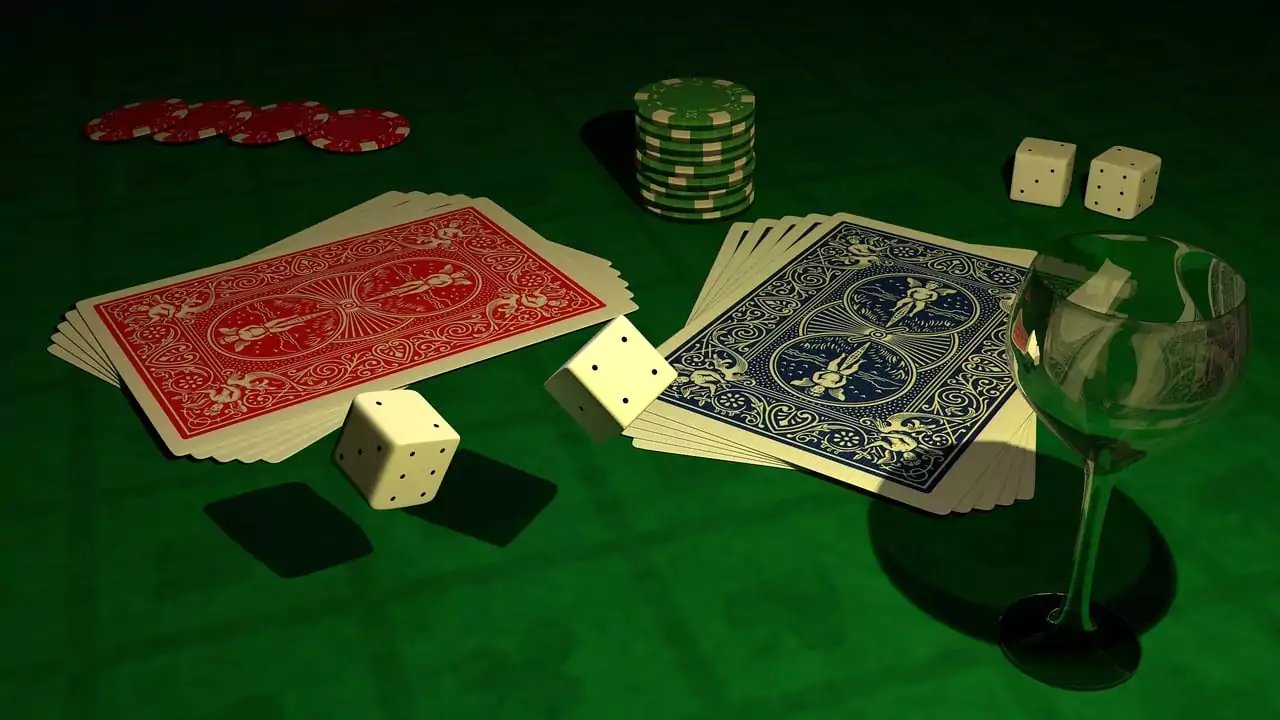Poker, a game where skill, psychology, and strategy intertwine, offers a dynamic canvas for those seeking victory on the green felt. To consistently emerge triumphant in this intricate dance of cards and wits, players must deploy a repertoire of strategies that go beyond the mere mechanics of the game. This exploration delves into the nuanced world of poker, unraveling key strategies that can elevate players from novices to seasoned tacticians, capable of reading opponents and maneuvering through the ebb and flow of the game.
1. Fundamental Mastery: Building a Solid Foundation
At the heart of any successful pokerstrategy lies a mastery of the fundamentals. Understanding the hierarchy of hands, grasping the concept of pot odds, and internalizing the rules of the game form the bedrock of strategic play. Whether a beginner or a seasoned player, revisiting these basics regularly ensures a robust foundation upon which to construct more advanced strategies.
2. Patience as a Strategic Virtue
Poker is a game of patience, where the ability to wait for the right moments is a strategic virtue. Successful players resist the temptation to play every hand, patiently biding their time and capitalizing on favorable opportunities. Patience is not just about waiting for strong hands but also about observing opponents, understanding their tendencies, and exploiting their weaknesses when the time is right.
3. Positional Awareness: Leveraging Your Location
Positional awareness is a cornerstone of strategic poker play. Players in later positions have a strategic advantage as they have more information about the actions of opponents. Skilled players exploit this advantage, playing more hands from later positions and exercising caution in earlier ones. Understanding and leveraging your position at the table enhances decision-making and strategic maneuvering.
4. Aggression with Purpose: Striking a Delicate Balance
While patience is crucial, a well-timed infusion of aggression can be a strategic game-changer. Selective aggression is about striking a delicate balance – assertive enough to control the pace of the game but not overly reckless. Players strategically deploy aggression to force opponents into uncomfortable decisions, capitalizing on moments of vulnerability.
5. The Art of Bluffing: Crafting a Narrative
Bluffing is not just a tactical move; it’s an art form in poker. Successful bluffers understand the importance of timing, the nuances of their opponents, and the creation of a consistent table image. Bluffing is not about playing every weak hand but about crafting a narrative that keeps opponents uncertain about the true strength of your holdings.
6. Reading Opponents: The Poker Psychic
A mastery of poker strategy involves becoming a adept reader of opponents. Beyond understanding the cards on the table, successful players keenly observe the behaviors, betting patterns, and physical cues of their adversaries. The ability to discern whether an opponent is bluffing, holding a strong hand, or facing uncertainty adds a psychological dimension to strategic play.
7. Bankroll Management: Preserving Long-Term Success
Effective bankroll management is a strategic approach often underestimated by players. Success in poker requires a meticulous approach to managing funds, setting aside a dedicated bankroll, and adhering to sensible limits. A strategic bankroll management plan ensures longevity in the game, protecting against substantial losses and providing a foundation for sustained success.
8. Continuation Betting: Maintaining Initiative
A well-executed continuation bet is a strategic tool in a player’s arsenal. Following up a pre-flop raise with a post-flop bet reinforces the perception of strength and maintains the initiative in the hand. Continuation betting not only puts pressure on opponents but also provides a strategic edge by dictating the flow of the game.
9. Emotional Discipline: The Poker Stoic
Mastering poker strategy involves the cultivation of emotional discipline. The game is rife with emotional swings, from the euphoria of winning a big hand to the frustration of facing a string of losses. Successful players navigate these emotional tides with discipline, avoiding tilt – a state of emotional frustration leading to poor decision-making. Emotional discipline allows players to approach each hand with a clear mind and rational decision-making.
10. Exploiting Opponent Mistakes: Turning Missteps into Opportunities
Successful players not only capitalize on their strengths but also exploit the mistakes of opponents. Recognizing patterns of over-betting, identifying tells, and exploiting predictable play are key elements of strategic gameplay. Turning opponent mistakes into strategic gains is a hallmark of players who consistently emerge victorious.
11. Mixed Play: Avoiding Predictability
Consistently winning players avoid predictability by incorporating a mix of playing styles. Alternating between tight-aggressive and loose-aggressive play keeps opponents guessing and prevents them from exploiting a player’s tendencies. Strategic players understand the importance of adapting their style to the dynamics of thegame, ensuring their approach remains unpredictable.
12. Post-Game Analysis: Learning from Every Hand
Strategic improvement in poker comes not just from playing but also from post-game analysis. Successful players review their hands, identify areas for improvement, and learn from both victories and losses. A commitment to continual learning and adaptation ensures that players evolve their strategies over time, staying ahead of opponents.
Conclusion: A Strategic Symphony of Skill and Psychology
In conclusion, winning at poker is a multifaceted journey that blends skill, strategy, and psychological acumen. The strategies outlined here serve as a comprehensive guide for players aiming to elevate their game. Whether it’s mastering the fundamentals, exercising patience, or exploiting opponent mistakes, the art of poker is a dynamic symphony that rewards those who approach it with strategic finesse and a commitment to continuous improvement. As players immerse themselves in this strategic dance, each hand becomes an opportunity to unveil the winning hand and emerge as a master of the poker table.




